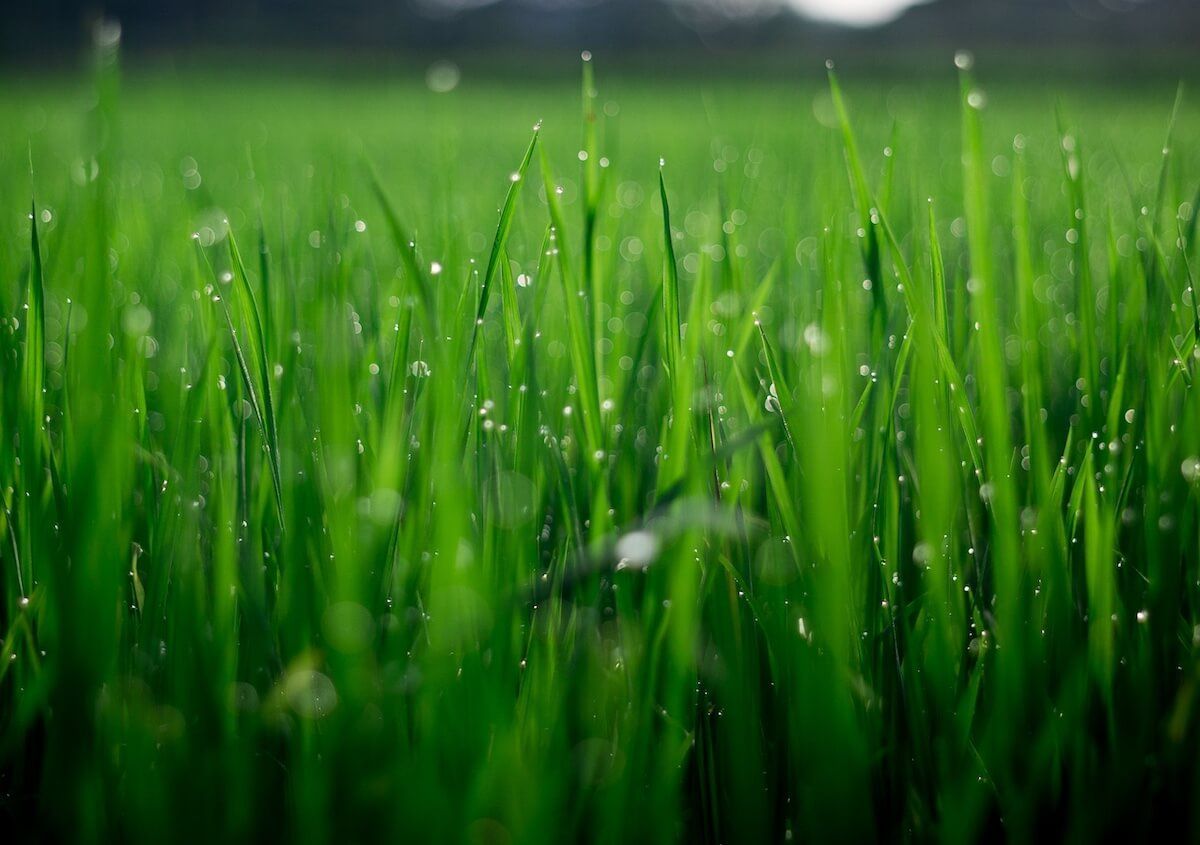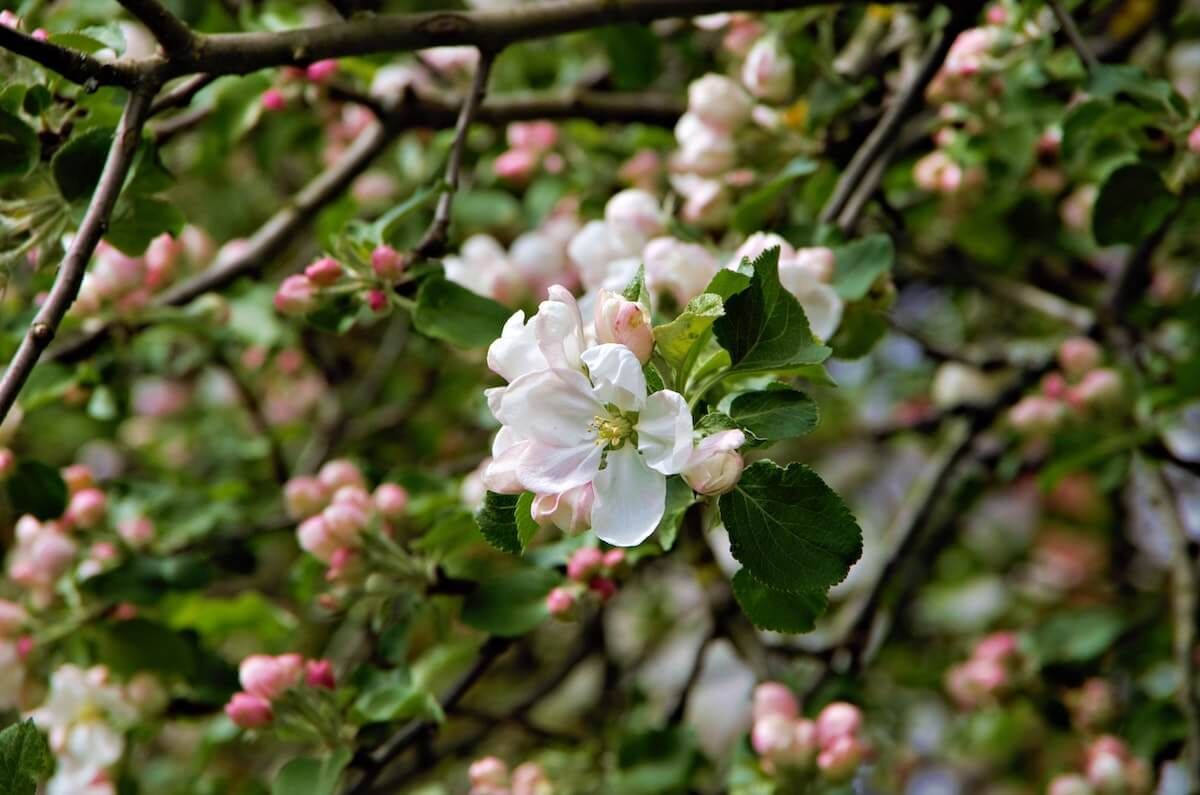Guide To Natural Lawn Care

Creating natural lawns free of pesticides and herbicides is becoming more and more popular in many home lawn and garden designs.
Whether because gardeners feel that pesticides and herbicides are harmful to themselves, their families, and their pets or because they recognize that often these chemicals can actually cause harm to their landscaping plans, finding ways to produce the same gardening results with natural lawn care is the question on everyone’s mind.
Natural Lawns
Unfortunately, to go about creating natural lawns means getting rid of dependence on chemical fertilizers and pesticides and moving towards using natural pesticides and organic pesticides.
Keep in mind that while throwing chemicals on the lawn is as easy as going to the store and spreading fertilizer, pesticide, or herbicide, creating natural lawns may be a bit more time-consuming, at least at first.
One of the most important steps to beginning to create natural lawns is to choose a turf that is adaptable to the local environment.
For natural lawns and lawn care, this means taking into consideration the local climate, watering needs of a particular type of grass, fertilizing needs, and the time between mowing for each grass type.
Grass-like Kentucky Bluegrass, Bentgrass, Carpet Grass, and Kikuyu Grass will begin to turn brown in a short period of time without the proper care and without the proper watering, while Bermuda Grass, Bahia Grass, and St. Augustine Grass can sustain longer periods of time in the heat and without watering.
The next step to ending chemical dependence and joining the ranks of those with natural lawns is to create a balance and improve your lawn soil.
On a pH scale natural lawns can have soil that is too acidic, 0 to 6.9 too alkaline, 7.1 to 14, or a balance in between, around 7.
To determine the pH balance of your soil, you can purchase a home soil tester from a lawn and garden store for between $20 and $40 or you can have the landscaping professionals test the soil.
Instead of going through a landscaping company that will charge, you may want to consider taking a sample to your local county horticulture extension to see if they will test the soil for free.
For natural lawns that are too acidic, try gradually adding lime or wood ashes. For natural lawns that are too alkaline, add sulphur, iron sulphate, or pine needles.
Remember that these elements need to be added in small amounts over a period of time. Adding too much of these elements can have a detrimental effect on the soil for that growing season.
Also, keep in mind that natural lawns with no chemicals may take a few years to actually balance out the pH and that some specific garden flowers or lawn turf may need more alkaline or more acidic soil.
One final important factor in moving towards natural lawns is to consider lawn aeration and dethatching. Unfortunately, most lawn gardeners only think of what they see on the turf and often forget about what is below the surface.
With constant mowing, walking, fertilizing, and watering, the soil becomes compacted and this can stop the proper aeration of the soil.
What good does it do to water the lawn or to fertilize it if the soil’s pores are closed off? Consider simply purchasing a pair of aerating shoes and walking across the lawn to unplug those holes and allow.
You may also want to consider dethatching with a vertical mower that pulls through the thatch and removes it from the lawn.
This will greatly increase the chances that you will be able to create natural lawns without the use of chemicals.
Why do you need natural lawn care? Why bother when adding chemicals for weeding and fertilizing is just so much easier and cost-effective?
The fact is that your children play in that grass. Your animals run on the lawn. What’s more, is that it is just not healthy for any of us to be exposed to the harsh chemicals that are placed into the grass just to kill weeds that we think are bad.
In fact, there are many toxins that can enter your daily life if you overuse these chemicals. Good or bad, there are many reasons why investing in natural lawn care is a better route to take.
Once you have decided to stop using chemicals to care for your lawn and garden, you can begin to work on natural lawn care that is centered on promoting health and improving the quality of the lawn.
First off, remember that any organic matter is great for improving the quality of the soil in a natural way. This is a tool to always use when it comes to natural lawn care.
What can you use to do this? There are many things starting with the compost and grass clippings. Purchase a mulching mower that will simply break the grass up and put it back into the lawn. This provides the lawn with natural plant nutrients such as nitrogen and potassium.
Consider starting a compost pile. This is one of the best ways of going about natural lawn care and it will help with recycling and cleaning up the yard.
You can place lots of natural kitchen scraps like egg shells, coffee grounds, banana peels, and vegetables that are starting to rot in the compost pile.
You can also place raked leaves into the compost pile. Remember that you will want to place a compost pile away from the house and with a wall around it. While natural lawn care is excellent, it can be a little smelly while the scrapes decompose.
Choose environmentally safe, natural lawn care products. These are going to be such choices as corn gluten-based fertilizers.
Corn gluten meal is a powdery byproduct of the corn milling process that is often used to feed hogs. Recently it has been discovered as an excellent natural lawn care fertilizer, garden plant food, and natural weed killer.
You will also want to begin using natural pesticides rather than harsh chemical choices. While many natural lawn care pesticide choices can simply be trying a home remedy like garlic spray on your garden plants or lawn for pest control, it can also mean getting serious with store-bought natural lawn care remedies like Diatomaceous Earth or milky spore bacteria.
You can find organic pesticides in the same department as chemical pesticides that will treat major pest problems.
In short, if you would like to use natural lawn care, which is something we all should do, it is wise to consider using natural and organic pesticides, keeping the lawn healthy with the necessary nutrients, and providing food in organic matter. You will create a natural lawn that is healthy and safe for your family in this way.











